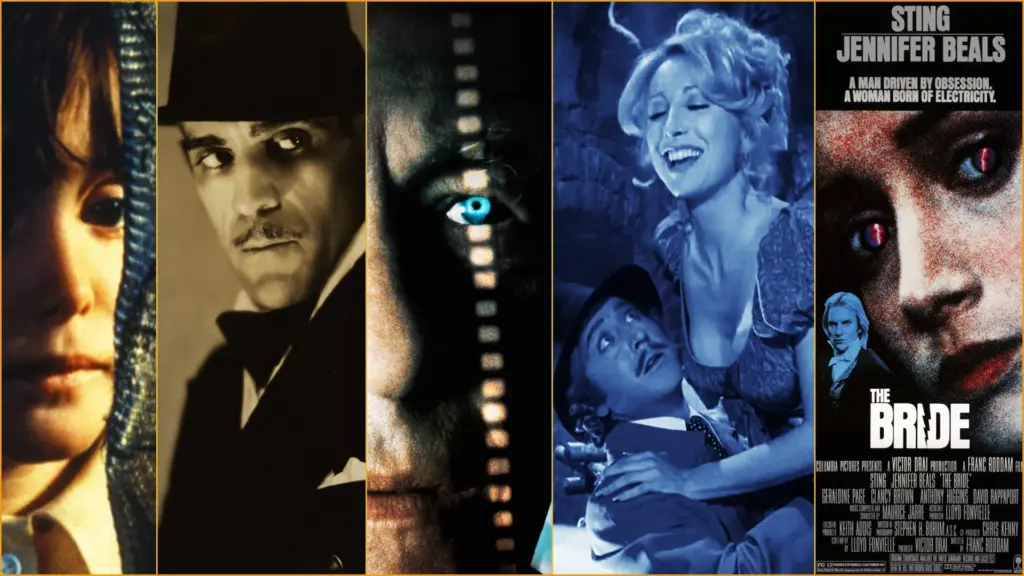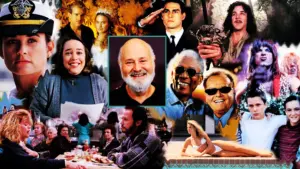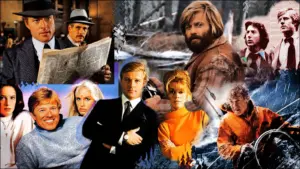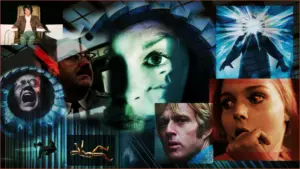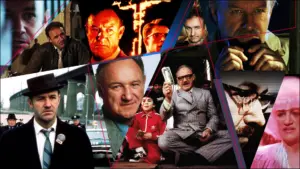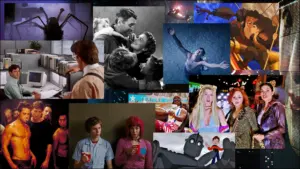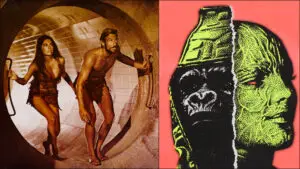Boris Karloff was, by all accounts, a soulful and generous fellow, fond of whipping up guacamole, Caesar salads, and cocktails for the cast and crew of the movies in which he appeared, sympathetic to the dare-not-speak-its-name love-life agonies of director James Whale, sensitive to the indignities of the English class system in which he had grown up.
The character on whom Karloff’s fame was largely based was more soulful still. Mary Shelley’s Frankenstein monster, that deeply unfortunate creation of the Promethean doctor Victor Frankenstein, read Milton, Goethe, the ancient Greeks. He was altogether brilliant, and altogether a tragic figure without compare. When he first speaks to his creator, high on the flanks of a Swiss alp, he has this to say:
Remember that I am thy creature; I ought to be thy Adam, but I am rather the fallen angel, whom thou drivest from joy for no misdeed. Everywhere I see bliss, from which I alone am irrevocably excluded. I was benevolent and good; misery made me a fiend. Make me happy, and I shall again be virtuous.
Strangely, all that learning and fluency gave way to grunts and howls and eldritch cries by the time Frankenstein made it to the screen. When it came Whale’s turn to direct the already well-filmed story in 1931, he made a fateful decision that forever tempered the cinematic presentation and interpretation of the monster: he replaced Bela Lugosi, who could not speak English (and never really learned it, certainly less than Martin Landau’s depiction in Tim Burton’s 1994 film Ed Wood might suggest), with Karloff, who was a most literate Englishman. Not that it much mattered: Karloff towered over Lugosi and most of the other characters he came up against in just about every sense of the word, but he was not allowed to say much at all, let alone voice his sorrow at having been cast out of the garden—reason enough to toss an innocent maiden into the nearest lake, one might say.
The OG Frankenstein (1931)
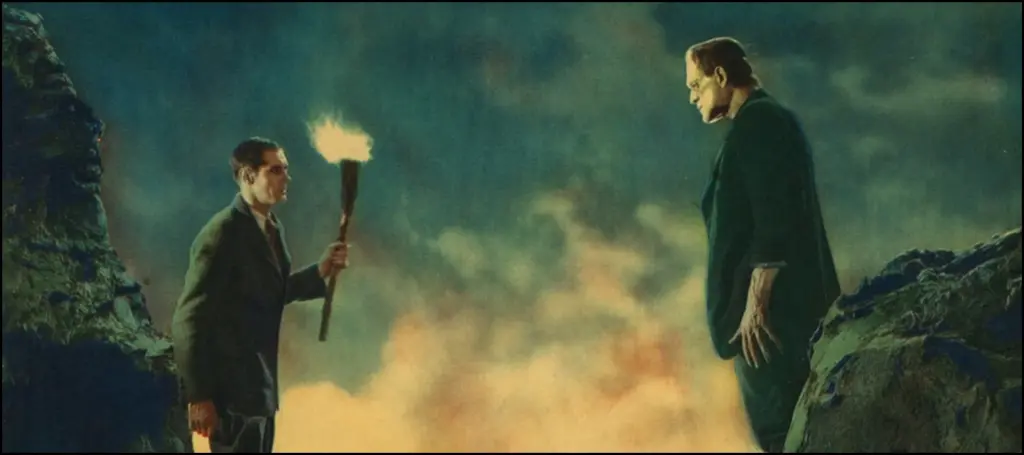
Frankenstein has become a Halloween staple in all kinds of ways, as well as a Hollywood standard. In listing five versions of the story that will make film buffs both happy and virtuous, I’ll start with that original Frankenstein, James Whale’s epicene classic of 1931, with our soulful Boris Karloff, aware of the beauty of the world and its destructive nature alike, hounded by legions of pitchfork-and-torch-toting villagers. Whale’s version, wrong though it is on so many levels in taking Mary Shelley’s tale and running (far away) with it, is the visual benchmark for every other version that’s followed it. It’s a happy coincidence that one of the scriptwriters, Garrett Fort, was an early champion of Meher Baba, the “Don’t worry, be happy” guru who set up shop for a time in Hollywood and made a number of converts there, among them—yes, none other than Boris Karloff.
Gods and Monsters (1998)
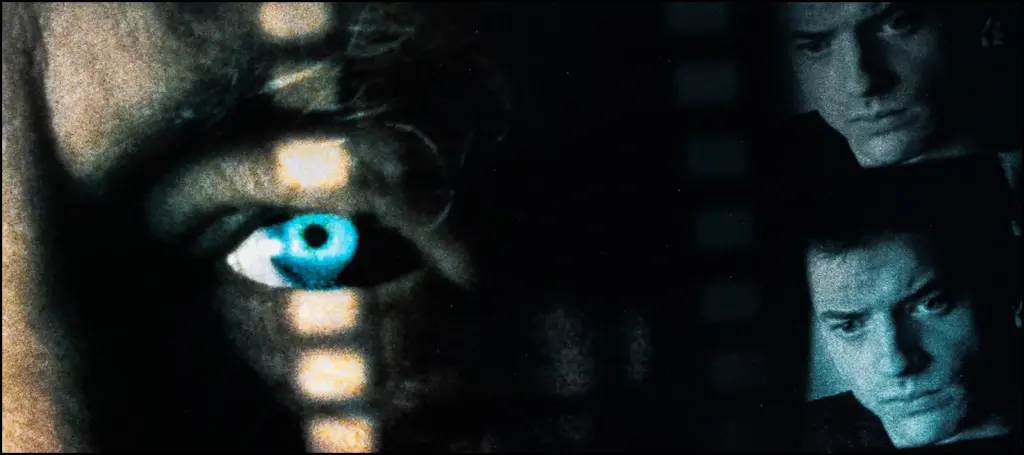
An essential follow-up is Bill Condon’s Gods and Monsters, one of the treasures of 1998. James Whale delivered a haunted film because he was a haunted man, as this beautifully crafted film shows. Watch for Brendan Fraser’s at first subtle and then pronounced embodiment of the monster as the closing scene fades—but throughout, it’s Fraser’s best work on film, with apologies to fans of Encino Man. Not long before he would become embedded in the culture as Gandalf, Ian McKellen plays an agonized, but brave, Whale. Naughty, too.
Young Frankenstein (1974)
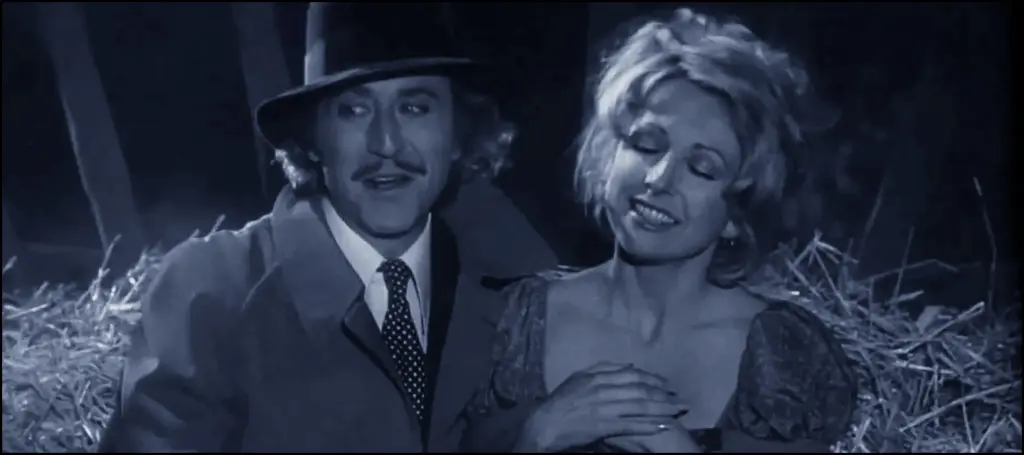
It’s hard to believe that Young Frankenstein is half a century old, but so it is, released in 1974 and closer to James Whale’s time than our own. On the first day of wide release, I saw Mel Brooks’s side-splitting take on Whale’s original in a Washington, DC, theater, and I could barely hear the dialogue for all the laughter of the audience. And rightly so, as this exchange between the memorably mad scientist (Gene Wilder) and his assistant (Marty Feldman) suggests:
Dr. Frederick Frankenstein: “Fronkensteen.”
Igor: You’re putting me on.
Dr. Frederick Frankenstein: No, it’s pronounced “Fronkensteen.”
Igor: Do you also say “Froaderick”?
Dr. Frederick Frankenstein: No . . . “Frederick.”
Igor: Well, why isn’t it “Froaderick Fronkensteen”?
Dr. Frederick Frankenstein: It isn’t. It’s “Frederick Fronkensteen.”
Igor: I see.
Dr. Frederick Frankenstein: You must be Igor.
[He pronounces it ee-gor]
Igor: No, it’s pronounced “eye-gor.”
Having sworn off violent dramas after he played an unhinged, murderous right-winger in the 1970 film Joe, Peter Boyle, a superb dramatic actor, proved himself equally good at comedy in his role as the monster in Brooks’s grandly parodic film.
The Bride (1985)
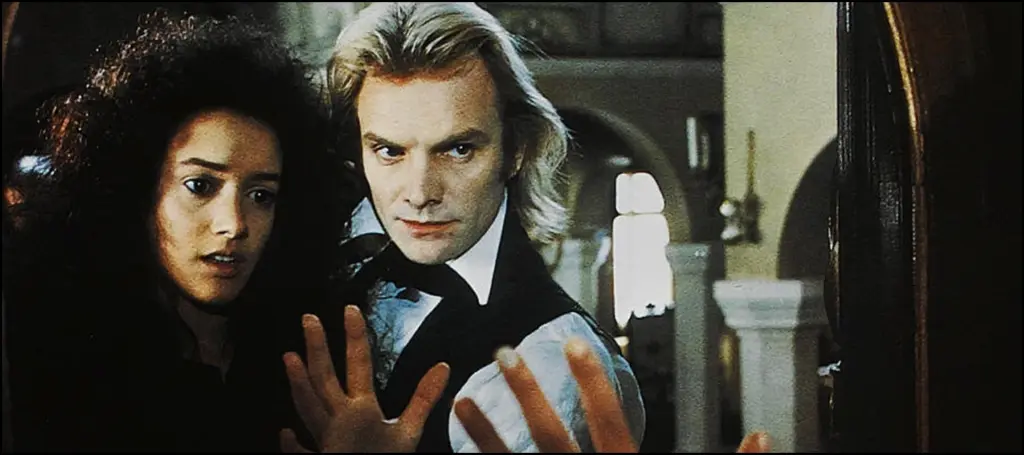
Sting, the pop singer and actor, has long traded on a slightly sinister image, as his work in Quadrophenia and Stormy Monday attests. That makes him an interesting Dr. Frankenstein (that’s not Fronkensteen), his role in the outstanding, and most bizarre, film The Bride (1985), directed by Franc Roddam, who made Quadrophenia before disappearing into the maw of television. Add Clancy Brown as the monster and Jennifer Beals as his bride, and you’ve got as good a cast as a director could ever hope for. Sting handles the moral quandaries of the doctor admirably, but there’s never been a better monster, physically speaking, than Brown—another learned, literate man reduced to howls and yowls. (No word yet whether Christian Bale, star of an in-production film by the same name, will get a full sentence out in his portrayal of the monster.)
Spirit of the Beehive (1973)
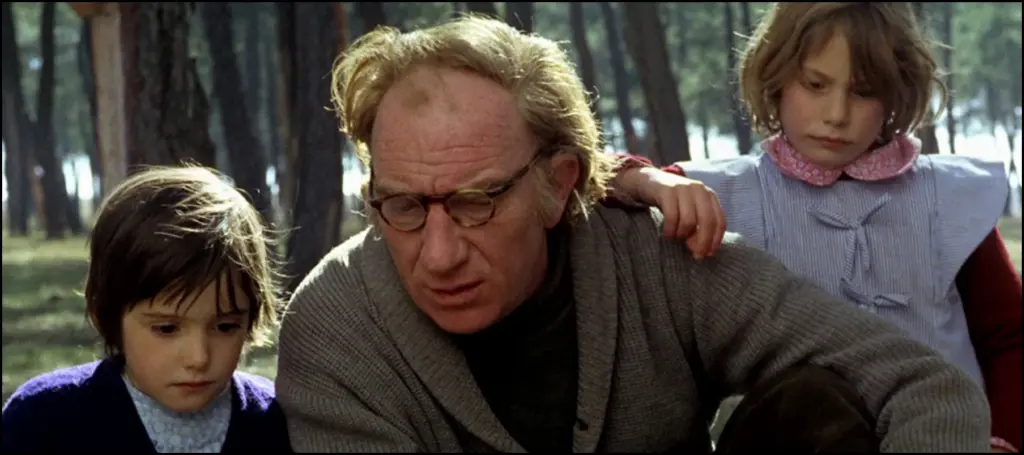
Finally, in Spirit of the Beehive (1973), Victor Erice, the Spanish filmmaker, offers a lovely allegorical tale in which a traveling cinema brings Frankenstein to a village in Castile at the dawn of Francisco Franco’s fascist regime. A young girl who sees the film thereafter sees life in her poor backwater through the lens of the monster, soulful as always, and longing for beauty. Watch it with one of Guillermo del Toro’s early masterworks, The Devil’s Backbone (2001), also set at the close of the Spanish Civil War, and you’ve got a double feature that pairs wonderfully well with Rioja. Be warned, though, that even if you’re not a tender maiden, you might not want to go swimming for a while after screaming through the last few minutes of del Toro’s film.

